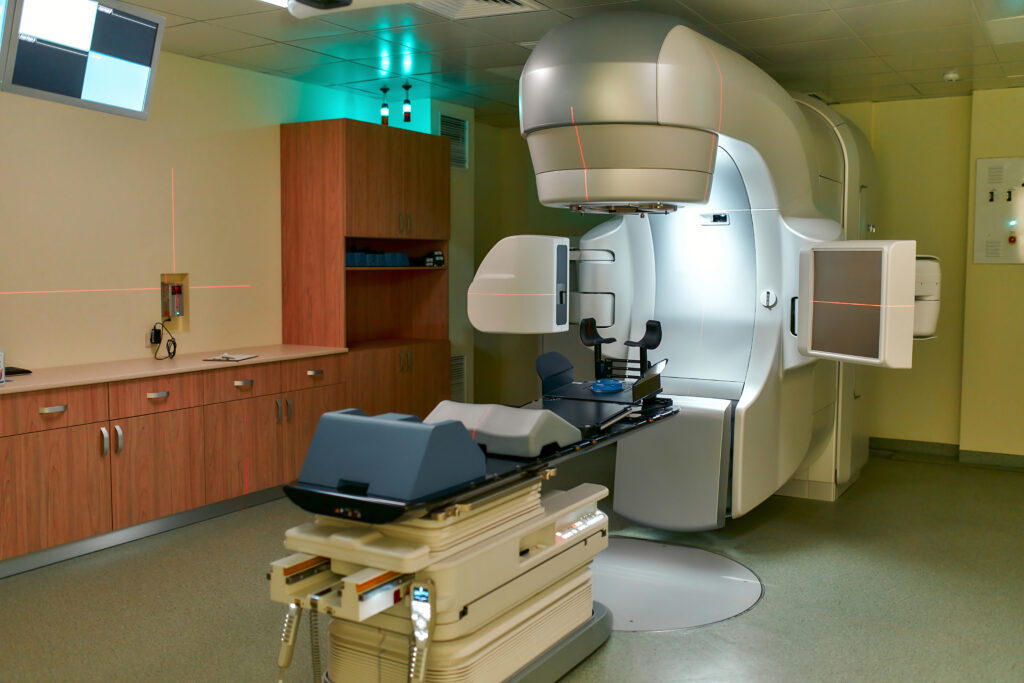
How does Radiotherapy Work?
Low-dose radiotherapy can provide pain relief and prevent the progression of Dupuytren’s contracture. During your treatment, radiation is aimed towards the nodules to soften and shrink the lumps and prevent the formation of contractures. Radiotherapy reduces the growth of nodules and cords under the skin by altering the development and growth rate of fibroblasts, the cells which are responsible for creating the lumps in the connective tissue. Radiotherapy has an anti-inflammatory effect and reduces inflammation around the cords and nodules, reducing pain in the area.

